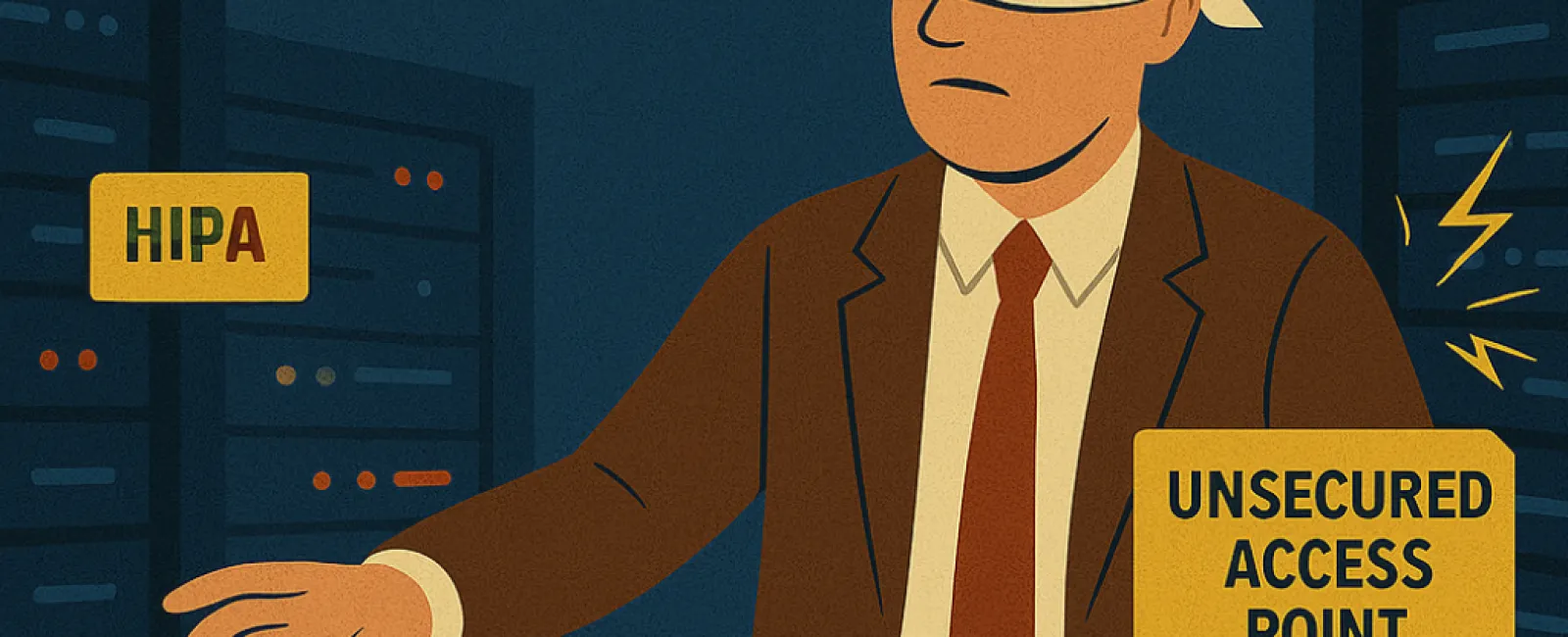July 14, 2025
Many small business owners mistakenly believe that regulatory compliance concerns only affect large corporations. However, as we move through 2025, this misconception is more dangerous than ever. With stricter regulations emerging across industries, small businesses are increasingly targeted by compliance authorities.
Why Regulatory Compliance Is Crucial Today
Agencies such as the Department of Health and Human Services (HHS), Payment Card Industry Security Standards Council (PCI SSC), and the Federal Trade Commission (FTC) have ramped up enforcement around data protection and consumer privacy. Ignoring compliance is no longer just a legal risk — it poses serious financial and reputational threats that can devastate small enterprises.
Critical Regulations Impacting Small Businesses
1. HIPAA (Health Insurance Portability and Accountability Act)
If your business manages protected health information (PHI), HIPAA compliance is mandatory. Recent updates highlight:
●
Encryption of all electronic PHI is now required.
●
Conducting frequent risk assessments to uncover vulnerabilities.
●
Comprehensive employee training on privacy and security standards.
●
Prepared incident response strategies for data breach scenarios.
Noncompliance can lead to severe penalties. For example, in 2024, the HHS fined a small healthcare provider $1.5 million for insufficient data safeguards.
2. PCI DSS (Payment Card Industry Data Security Standard)
Businesses processing credit card transactions must comply with PCI DSS. Essential requirements include:
●
Secure storage of cardholder information.
●
Continuous network monitoring and testing.
●
Deployment of firewalls and encryption protocols.
●
Strict access controls to limit data exposure.
Penalties for noncompliance can range from $5,000 to $100,000 monthly, depending on violation severity and duration.
3. FTC Safeguards Rule
Companies collecting consumer financial data must:
●
Create a formal written information security program.
●
Appoint a qualified security officer to manage safeguards.
●
Perform ongoing risk assessments.
●
Enforce multifactor authentication (MFA).
Violations may result in fines up to $100,000 per incident for companies and $10,000 for responsible individuals. The risks are substantial!
Real-Life Impact of Ignoring Compliance
This is more than theory. Take the example of a small medical practice hit by ransomware due to outdated security. They faced a $250,000 fine from the HHS and suffered a loss of patient confidence, drastically reducing their client base. Taking control of your data security is essential!
How to Achieve and Maintain Compliance
- Perform Thorough Risk Assessments: Regularly scrutinize your systems to detect and fix weaknesses.
- Deploy Strong Security Practices: Utilize encryption, firewalls, and multifactor authentication to safeguard sensitive information.
- Educate Your Team: Make sure employees understand compliance standards and security protocols.
- Establish an Incident Response Plan: Be prepared with clear steps to handle potential breaches.
- Collaborate with Compliance Specialists: Work with experts who can navigate complex regulatory landscapes for you.
Act Now to Protect Your Business
Compliance is more than a legal formality—it's a vital pillar of your business's trustworthiness and sustainability. Overlooking these mandates can lead to crippling fines and irreversible damage to your brand's reputation.
Ready to Evaluate Your Compliance Status?
Take advantage of our FREE 15-Minute Discovery Call to uncover vulnerabilities and ensure your business adheres to all necessary regulations. Don't let compliance gaps threaten your success.
Click here or call us at 281-367-8253 to schedule your FREE 15-Minute Discovery Call today.





